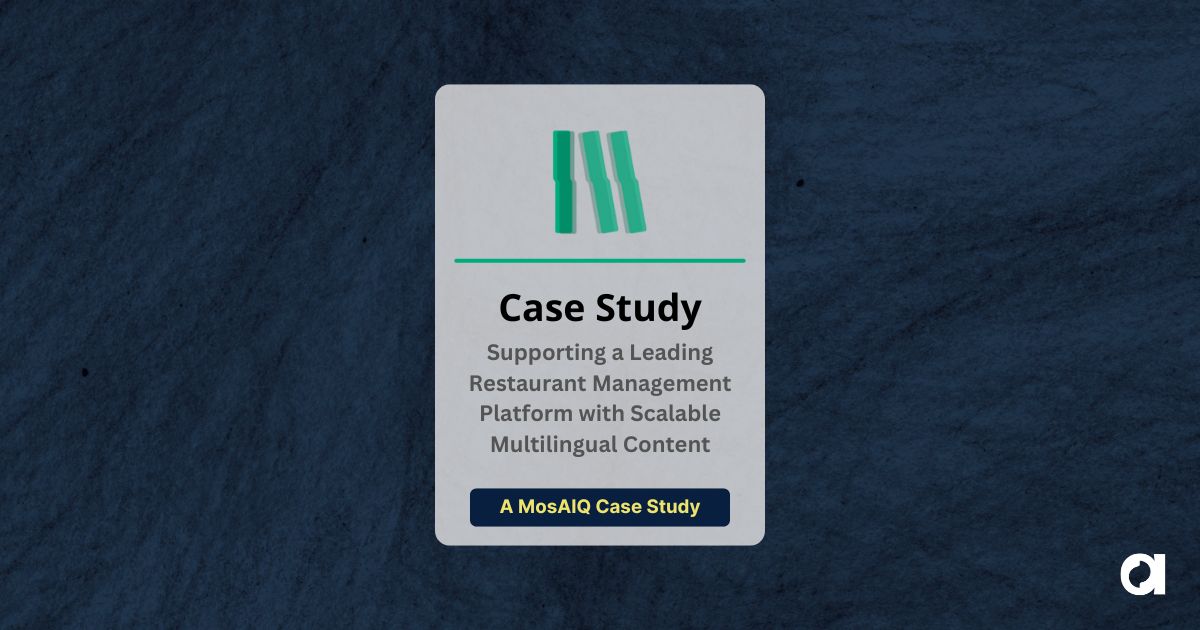According to the Central Bureau of Statistics, Israel’s population is set to skyrocket to about 18 million in the next 30 years, so it’s no wonder that companies are looking at exploring the world of Hebrew SEO. As part of our iSEO video series, we sat down with Israeli SEO, Limor Barenholtz, who walked us through the complexities of the Israeli market and what you need to consider when creating marketing campaigns for Hebrew-speaking audiences.
Search engine market share in Israel
For the SEOs reading this who mainly deal with Google, we’ve got some good news. In Israel, Google makes up 98% of the search engine market share, so there’s no need to implement other search engines into your Hebrew SEO strategy.
What languages do you need for SEO campaigns targeting Israel?
There are three main languages that you can hear on the streets of Israel; Hebrew, Arabic, and Russian. Plus, most Israelis do have knowledge of a second language, which tends to be English, however you can’t rely on the fact that all Israelis speak English.
Most Israeli’s prefer to search in Hebrew, with people coming from Russia using Russian. However, it’s important to note that if you’re targeting the Israeli market, Hebrew SEO is what you’ll be doing about 98% of the time.
Keywords – one of the main complexities in Hebrew SEO
Due to people in Israel speaking multiple languages, most keyboards are set to 2-3 languages. This might sound like something irrelevant, but it does actually mean that lots of searches are made using the wrong set of keys.
To give you an example, one of the main news websites in Israel is called ynet. It’s the 3rd most common search term in the country with a monthly search volume of 2 million. If you accidentally write it using a Hebrew keyboard, that turns into טמקא (tamka). טמקא has become a nickname for ynet, and is actually the 30th most searched for keyword in the country.
Complexities of the Hebrew language and SEO
Hebrew is a very rich language, and a lot of words have synonyms. This means that a single sentence can be said in multiple different ways. On top of that, Israel is a melting pot, and people from all around the world call the country home. This has led to words being pronounced, and therefore spelled, in different ways depending on the way people pronounce it. A couple of examples are Shabbat vs Shabbos or Kugel vs Kigel.
Next, there’s the issue of phonetic translations. Although this is a pretty common issue for languages that don’t use the Latin alphabet, Hebrew takes this to a new level because there are normally 2-3 perfectly correct ways of spelling a foreign company name because of the way Hebrew spelling works. To show you just how complex this is, here are two examples – WhatsApp and YouTube.
WhatsApp – וואטסאפ / ואטסאפ / וואטססאפ / ווצאפ / וואצאפ
YouTube – יוטוב / יוטיוב / יו טיוב
So as you can see, Hebrew isn’t one of those languages you really want to risk putting into Google translate and hoping for the best. You really need a local Hebrew SEO expert who understands the language, slang, and what’s the most suitable option for Israel at that very moment.
Hebrew SEO & search behavior
In Israel, there are a few things you need to keep in mind when putting together your Hebrew SEO strategy.
58% of searches are done from a mobile, so mobile first is a must.
46% of Hebrew searches are informational.
Israelis don’t like long-tail keywords. It’s normal for Israelis to just use a couple of words to search, which often leads to keywords not making much sense. An example of this would be using 3 words of a sentence to look for what they want, rather than “how do I do x”.
Israelis spend more time on page. Israelis will spend on average 11 minutes on a page but will look through less pages, so you need to be direct and serve Israelis what they’re looking for right away.
Israelis are very interested in news and streaming.
They need to feel up to date and always in the know.
If you can make them feel like you’re helping people “hack life” they will buy. This means having a solution that saves time or money, etc.
Don’t beat around the bush. Be direct in your copy, and make sure you get straight to the point rather than sounding too fluffy.
Hebrew e-commerce SEO
Most Israelis use price comparison websites to search for products. It’s actually very rare for searchers to search for the name of the product + comparison, price etc. because normally people just look for products on the main price comparison website in Israel. A great e-commerce strategy is to work with comparison websites rather than against them so writing offers and sales in your meta titles and descriptions works really well for Hebrew SEO.
Tech & SaaS keywords
If you work for a tech or SaaS company, don’t be alarmed if your focus keywords are all in English. It’s very normal that experienced professionals use English terms while searching. You might find that juniors/people starting out in their career use Hebrew to search, but you can use this as an opportunity by creating Hebrew guides and Q&As and convert life-long users.
Why translating your US strategy doesn’t work for Hebrew SEO
Just like you’d expect in other markets, translating your US strategy simply doesn’t work with Hebrew SEO. This is because:
Hebrew is a Right to Left language.
It’ll get lost in translation because foreign companies often use the wrong translation when entering the Israeli market.
It’ll get lost in search. As we touched upon earlier, there are multiple ways of saying a single word in Hebrew, and often translation will not give you the most popular search term (a bit like what we saw in our Japanese SEO episode).
Top Tips for Hebrew SEO
To wrap things up, we thought we’d finish off with our top tips for Hebrew SEO:
- Make sure your keywords are researched properly.
- Use an in-country SEO.
- Localize your content, don’t just translate it.
- Be direct!
- Build backlinks that are to/from Hebrew sites.
- Ensure you’re sensitive to religious differences when creating campaigns.
As you can see, Hebrew SEO isn’t something you want to be doing without the help of a Hebrew-speaking expert. If you’d like support expanding into Israel, get in touch.
Watch Limor’s Episode
About Limor
Based in Tel Aviv, Limor has been working in SEO for over 20 years helping both local and international brands grow online. Working as the Director of SEO at Similarweb, she loves technical & programmatic SEO as well as creating large-scale SEO strategies.
 Argos Multilingual
6 min. read
Argos Multilingual
6 min. read
If someone mentions Korea, catchy K-Pop tunes and thrilling K-Dramas are probably what first spring to mind. But what about online marketing? And actually selling your products or services to such a sought-after market? As part of our iSEO video series, we sat down with HoGeon Kim to learn more about the world of Korean […]

 Argos Multilingual
4 min. read
Argos Multilingual
4 min. read
Home to 84 million people, Turkey is a large market that companies often look at expanding into. And with expansion comes SEO, so we chatted with our marketing manager, Gökhan Toros, about what you need to consider when managing Turkish SEO campaigns. About Turkish Internet Users Instagram While researching his episode, Gökhan discovered that Turkey ranks […]











